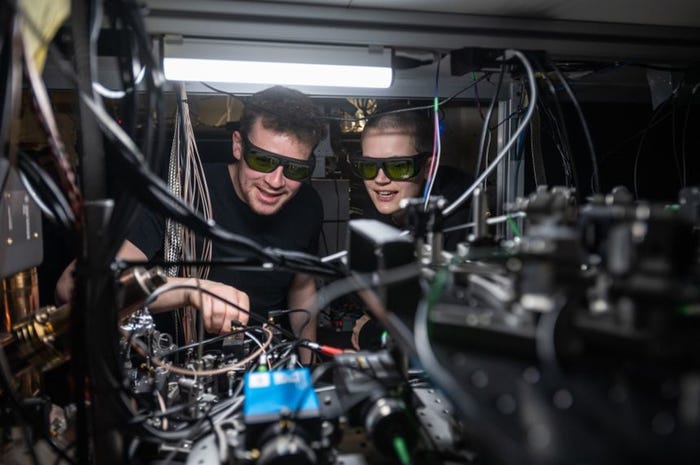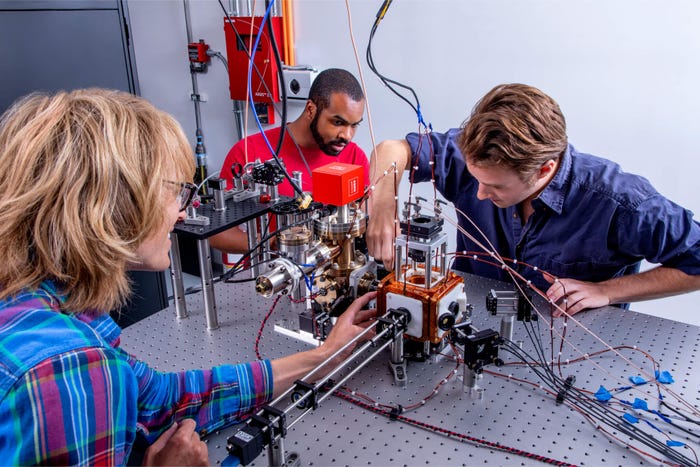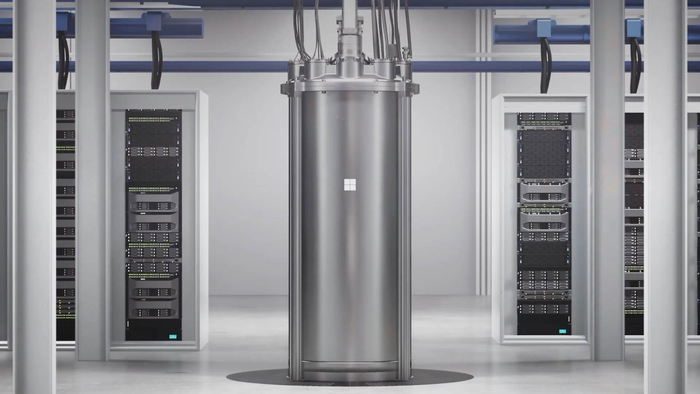
Connects decision-makers and solutions creators to what's next in quantum computing
Quantum Gesture Recognition Software to Control Fighter JetsQuantum Gesture Recognition Software to Control Fighter Jets
Multiverse, Airbus to build quantum-inspired system to enable pilots to operate aircraft with hand motions

Future fighter jets could be controlled using quantum-inspired technology that recognizes hand gestures made by pilots without using buttons or switches.
Quantum and AI software company Multiverse Computing won a European Defence Fund project innovation challenge to work with Airbus Defence and Space on the system.
Multiverse’s “Quantum Gesture Recognition for Aerospace Control” project will use a gesture recognition algorithm inspired by quantum computing principles.
It will let pilots interact with aircraft systems in an entirely novel way using physical gestures like hand movements without the need for traditional controls like buttons or switches.
“These new non-contact gesture-based control interactions will enhance pilot situational awareness, mission effectiveness, and overall aircraft performance,” said Enrique Lizaso Olmos, co-founder and CEO of Multiverse Computing.
“Combined with Airbus’ insight into pilot interfaces, our expertise in building quantum machine learning algorithms and efficient LLMs positions us well to develop these controls.”
The project will focus on gesture-based hardware and gesture-based algorithms. For five areas of cockpit technologies: Virtual assistant, adaptive HMI, large-area display, helmet-mounted display and interactions. Airbus is leading the gesture-based part of the challenge.
The system needs to address the challenges of a fighter cockpit environment such as adaptability to gloved hands, robustness in high-vibration environments and physical integration constraints. It could include virtual reality and augmented-reality technologies.
The project aims to improve operational efficiency by enabling the pilot to interact naturally and efficiently with the systems. It falls under the European Defence Fund project “Enhanced Pilot Interfaces and Interactions for Fighter Cockpit” (EPIIC).
The solution will be tested in a simulated environment at Airbus Defence and Space facilities. The project started this month and ends in September 2025.
About the Author
You May Also Like






